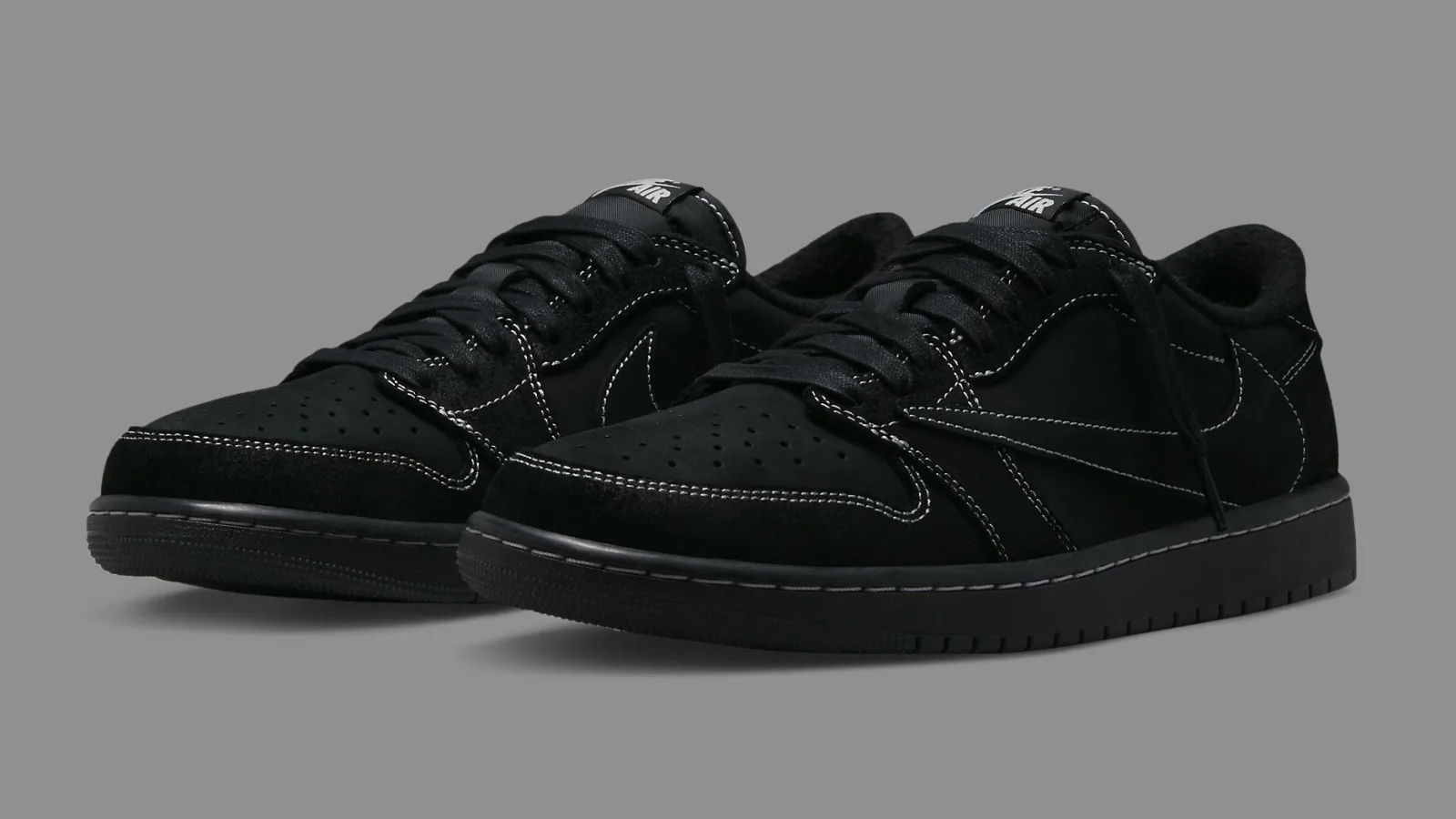How To Fight Boredom In Your Songwriting Practice
If you’re reading this, the chances are good that making music is something you live and breathe to do. You probably feel like writing songs is your life’s calling, and that it’s the only thing in life that truly makes you feel understood. If this is the case, consider yourself lucky. There’s a huge segment of the human population that floats through life without having any true passions. Whether you’re a mega pop star or simply look forward to producing music in your bedroom during every spare moment, it’s truly a gift to get wrapped up in the endless pursuit of making the best music you can. It’s something that will enrich your life as long as you choose to keep going.
However, even the most passionate musicians get bored with their craft at some point in their musical lives. For some artists, it’s the frustration of feeling like they’re constantly writing the same song over and over again. Others get jaded with their lack of conventional success and lose touch with the joy that once connected them to music when they first started creating. Weirdly enough, some successful music-makers are victims of their own success. Rather than writing the music they truly want to, they feel beholden to their fans, record labels, and wallets, and are stuck making the same kind of music in the same ways for huge swaths of their music careers.
Regardless of the reasons why an artist falls prey to boredom and predictability in their songwriting practice, it’s one of the biggest reasons promising musicians call it quits. Every songwriter is bound to experience some amount of boredom and listlessness in their writing practices eventually, so it’s crucial to know how and when to dig yourself out when it happens to you.
Start the music creation process in a different way
Doing this isn’t hard, but artists often never think to try it because they’re so used to their typical ways of doing things. If you normally start writing by tooling around on an acoustic guitar, try writing lyrics first. If your band usually begins the writing process with one of your members bringing in fully formed ideas, experiment with improvisation first instead. Where and how you start creating new music is hugely important, so changing things up from the very beginning will have a significant and unpredictable impact on how you create.
Get minimal
To flip the script of boredom and predictability in your writing process, you’ll probably need to work in ways that are new and unfamiliar to you. For a lot of us working with DAWs, one of the best ways to do this is to fight the urge to layer lots of instrumentation and production onto our songs as we create them. The minimal approach might seem less fun to the way you’re used to working, but it’s helpful for getting to the root of ideas and shaping them in powerful ways. You can always add instrumentation and production elements onto your ideas later, but when it comes to the first things you do while writing, the minimal approach keeps things challenging and interesting.
Prioritize curiosity and connection
Even if you’re a professional songwriter, making music shouldn’t feel like a chore. If it does, it’s time to rediscover and reprioritize what drew you to music creation in the first place. Songwriting is often hard and thankless work. You could spend weeks shaping an idea only to see it go nowhere. But as long as you’re engaged, your work ultimately pays off because it gets you closer and closer to meaningful and fruitful music creation. You can fight tedium in your writing practice by putting joy and curiosity at the front and center of what you do when you create. It’s often as simple as asking what an idea would sound like in a new context, or by being willing to try something radically different without worrying about failure.
These are just a few of the many ways you can add newness and energy to your writing process. While these tips are helpful places to start, it’s important to find what works for you and to keep discovering ways to keep things fresh and challenging for as long as you choose to create music.




Comments
Post a Comment